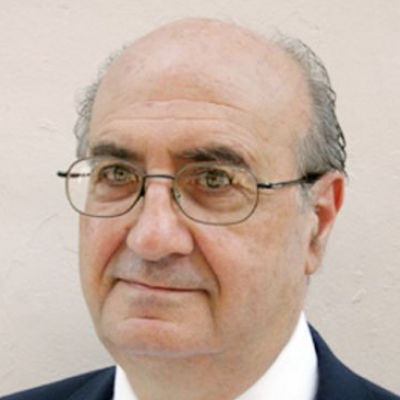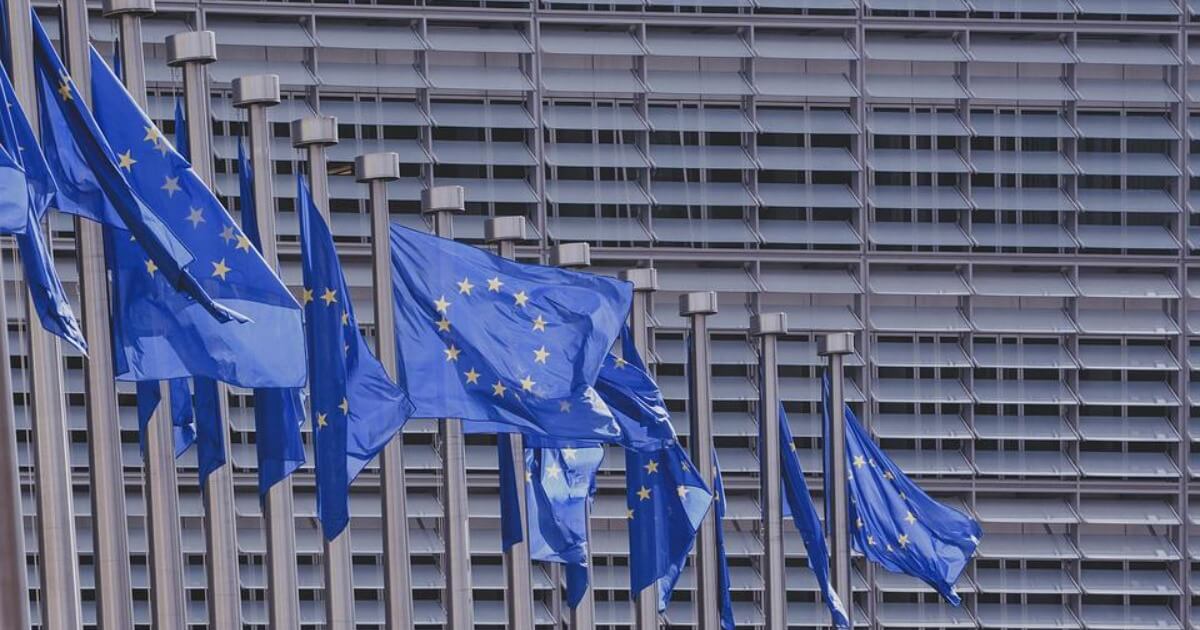The Death of a Brother
The sorrow, regret and guilt at the death of a sibling hit émigrés hard.
July 31, 2021

The news fell like a bomb detonating close to me. Was it possible? When we spoke four days ago, he was in good spirits. Was it possible when he was younger than l?
Initial Shock and Disbelief
Was it possible, when the air of Tafí del Valle, the mountain town he adored, seemed to keep him in enviably good health and wellbeing? A brutal heart attack probably precipitated by the loss of a beloved daughter, was the cause of death.
Alas, it was possible, as happens with all nightmarish, inevitable circumstances in life. And I feel a vacuum and an anguish difficult to contain.
Geographical distance magnifies the grief
For those of us who emigrated to other countries with new cultural norms, each loss is much larger, as if the thousands of miles that separate us could be counted on a new mathematical formula that suddenly, magically, becomes millions of miles.
How to explain this phenomenon? Emigrating means leaving a familiar social and cultural fabric that offer us support and affective sustenance, which we take for granted.
We realize it when this support is no longer there.
For those with scant family ties — my wife and I have only one daughter who lives in another state and I have a younger sister and her companion — the affective losses are felt more acutely.
The pandemic removes a final visit
The main reason I entertained visiting my country after the long lapse imposed by the pandemic was seeing my brother again, making the same foolish jokes, enjoying the same meals, visiting old friends and family.
Regret
Now I can no longer do it. And I feel as if I had fallen into the crater of a volcano.
Also, I confess, I wanted to heal old wounds, explain old misunderstandings. I can no longer do it.
I regret that my brother did not fully realize the enormous potential he had as a professional. I think he was too honest in a medium where honesty is not a virtue.
He had been forced to resign as a public official when he refused to accept bribes to certify inadequate municipal works.
I also regret not telling him how hard it is to leave a secure position for a life of uncertainty. It would have given him a better understanding of what I went through.
Leavers pay a price
Those who remain often think that the ones who leave have an easier life, and don’t realize the heavy price we have to pay.
It still hurts when I remember an immigration official in New York denying me a work permit because I had decided to switch from doing research in molecular genetics to international public health.
“How am I going to survive with my wife and five-year-old daughter if you deny me this permit?” I asked him. “Sir, this is your problem, not mine,” he answered.
I couldn’t stop crying in the street as I realized the immensity of the problem facing me. Fortunately, through my wife’s amazing help (she started working full-time while doing her Ph.D. in linguistics at New York University), we were able to survive.
Guilt of the émigré
And I feel a measure of guilt. While I found my way with great effort in an unknown environment with different rules, he bore the brunt of maintaining family unity and being the support that my parents and sisters needed.
I couldn’t seem to express this to him in plain language. Two days after my brother died, I received a call from a friend in Sweden, who knew my brother well.
Deliverance
“Tell my brother,” he told her, “that he should stop feeling guilty about seeking new professional horizons. I had the opportunity to leave and decided to stay. Now, his work denouncing human rights abuses in many countries is what our father would have wanted him to do. And he should continue doing that work.”
That assuaged considerably the sense of guilt that had plagued me since I left my country.
Ricardo, dear brother, I still thank you for having taken such good care of our parents and having kept a united family at home. All my love.
Takeaways
For those of us who emigrated to other countries with new cultural norms, each loss is much larger.
My brother had been forced to resign as a public official in Argentina when he refused to accept bribes to certify inadequate municipal works.
While I found my way in an unknown environment with different rules in the U.S., he maintained family unity and supported our parents.
My brother told a friend, "Tell my brother that he should stop feeling guilty about seeking new professional horizons."

